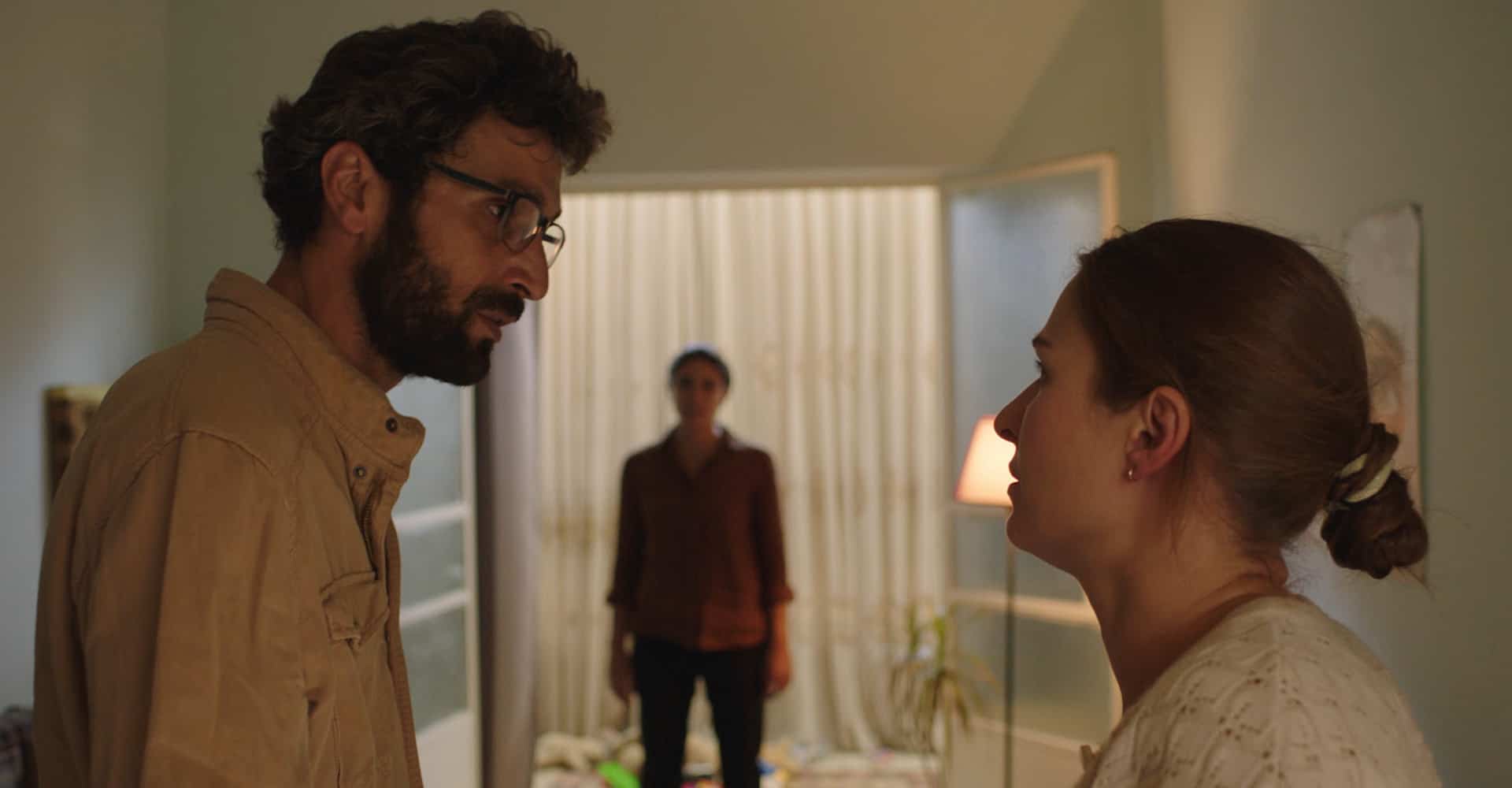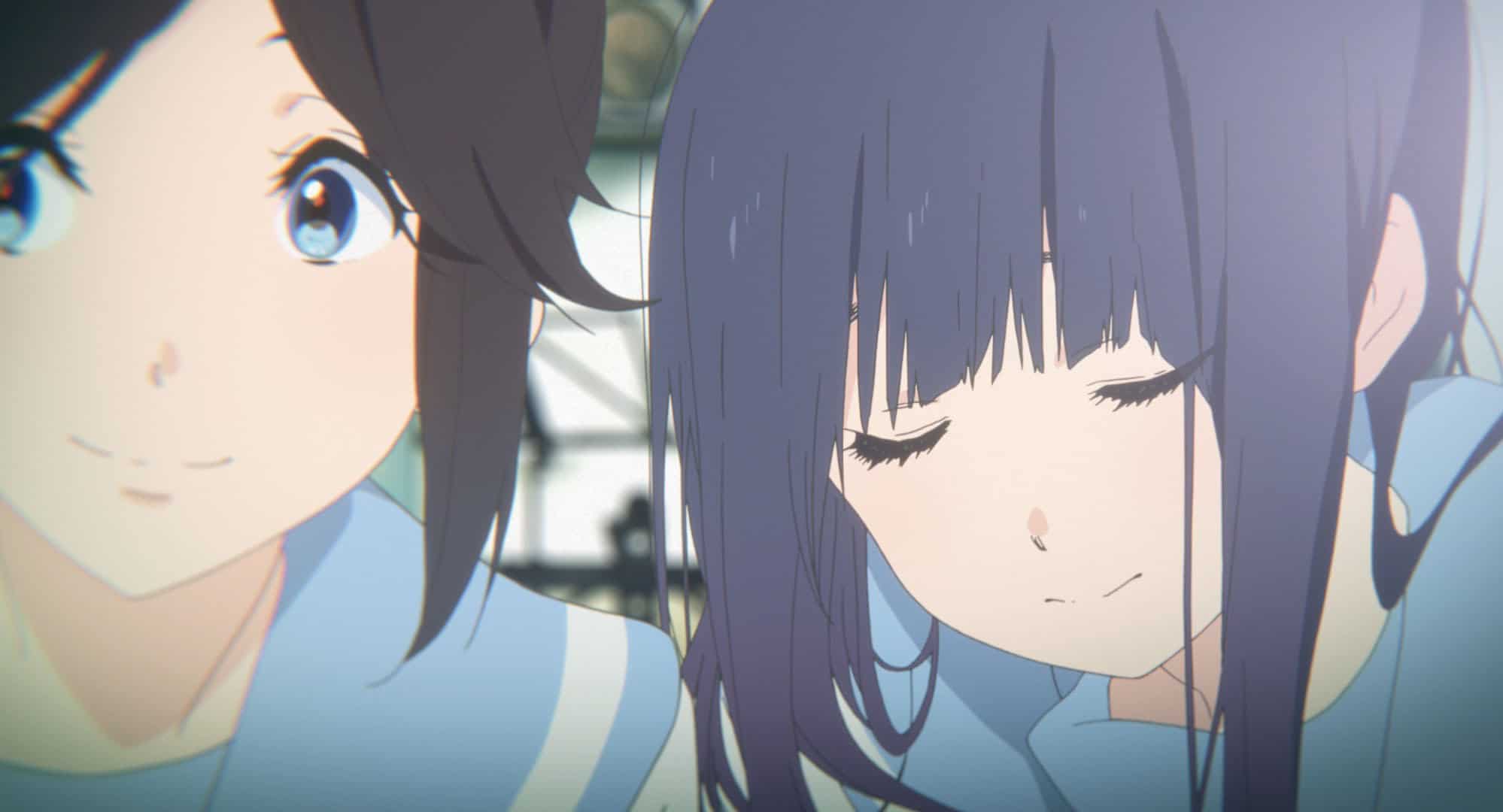After his first feature “Munyarangabo”, shot in Rwanda, director Lee Isaac Chung returned to the United States to make his second film, this time inspired by the poem “Lucky Life”, written by Gerald Stern. In interviews, the filmmaker mentions how he found himself captivated by the emotional journey of the poem, which reminded him of his life, witnessing several of his friends battling cancer, as he tells Indiewire. Many of the techniques he had used in his previous work, he utilized again in this production, for example, letting the actors and actresses improvise some of their dialogue, thus creating a more natural flow and rhythm to the narratives and the overall development of their characters. In the end, “Lucky Life” managed to manifest his reputation as one of the leading figures withing US-American indie cinema, with the movie premiering at Tribeca Film Festival in 2010 and from then on, being screened at many international festivals.
“Lucky Life” is screening at Hong Kong Arts Centre, as part of Cries and Whispers: Film Retrospective of Lee Isaac Chung

The story centers around a group of friends and is divided into two parts. At first, we meet Mark (Daniel O'Keefe), an aspiring writer, whose novel is about to be published, and his wife Karen (Megan McKenna). Upon hearing the news of their mutual friend Jason (Kenyon Adams) being diagnosed with cancer, this time the terminal kind, they take up his invitation to join him and their other friend Alex (Richard Harvell) at a beach house. Even though their conversation circles around various topics, the feeling it might just be the last time the four of them will be together lingers in the air, influencing them.
As the friends depart, and Mark and Karen make their way back to Brooklyn, they finally decide to have a child, something they had been planning for quite some time. However, after some time has passed, their happiness of having a child is overshadowed by the experiences of being with their friend on his last days before his death.
In the same interview mentioned above, Chung mentions some of his main inspirations as a filmmaker. Apart from Andrei Tarkovsky, he also explains how Kenji Mizoguchi's approach to themes such as nature and memory, as well as their symbiosis, is something he deeply admires. Given the contemplative atmosphere of the features these directors have created, this may come as an explanation for the kind of approach Chung uses in his second feature, “Lucky Life”. The cinematography of Jenny Lund and Koji Otsuka in combination with Chung's editing creates a movie which has its very own flow, often lingering on a seemingly banal detail before slowly making its way toward the “action”, or rather the dialogue taking place at the moment. These kinds of sequences are also deeply reminiscent of the approach by Terence Malick, who also frequently uses voice-over, creating a sense of depth and philosophical undertones within the story.
Given the themes Chung explores in “Lucky Life”, an approach such as the one described certainly makes a lot of sense, but also ticks all the boxes when it comes to a certain kind of aesthetics which is very familiar within the independent movie circuit. There is a fine line between “coming to terms with the unapproachable”, in this case the reality of someone experiencing his last days before death, and the banal nature of some of the observations and images the feature has in store for its viewer. The metaphors, visually and within the dialogue, sadly underline this aspect even further, at times feeling a little shallow and annoying. While the actors certainly do their best with what they are given, the improvised nature of their dialogues often leaves a very amateurish impression, not adding a lot of depth to their characters or the themes of the movie.
In conclusion, “Lucky Life” is an independent drama, which, aesthetically and narratively, ticks all the boxes when it comes to this particular sub-genre, sometimes feeling almost like a cliché of it. On the other hand, Lee Isaac Chung approaches a subject with a certain respect and distance, which more than what can be said about other dramas, but fails to add any depth to the story at the same time.
















